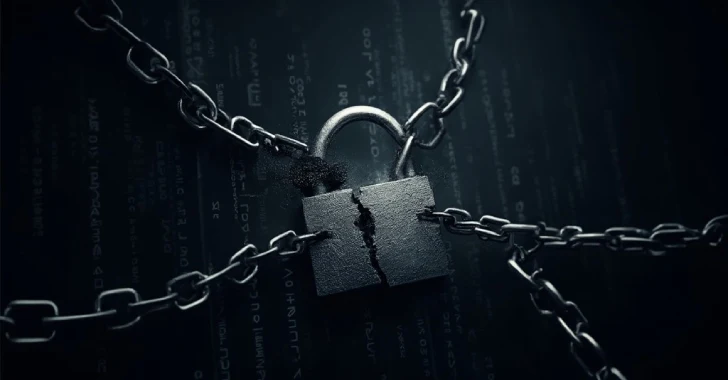FBI Targets Dark Web Marketplace Managed by Russian and Kazakh Nationals: WWH Club Administrators Indicted

In a major win against cybercrime, the U.S. Department of Justice has indicted two individuals—Alex Khodyrev, a 35-year-old Kazakh national, and Pavel Kublitskii, a 37-year-old Russian national—for their role in managing the notorious dark web marketplace known as WWH Club. The platform specialized in selling sensitive personal and financial data, as well as offering training for aspiring cybercriminals. The charges against the pair include conspiracy to commit access device fraud and conspiracy to commit wire fraud, and the case highlights the extensive operations of these illicit online platforms.
WWH Club: A Hub for Cybercrime Operations
From 2014 to 2024, Khodyrev and Kublitskii served as the main administrators of WWH Club (wwh-club[.]ws), along with a network of associated sites, including wwh-club[.]net, center-club[.]pw, opencard[.]pw, and skynetzone[.]org. These sites operated as dark web marketplaces and forums, providing cybercriminals with a platform to buy and sell stolen personal identifying information (PII), credit card and bank account details, computer passwords, and more. The marketplaces catered to a growing global user base of cybercriminals looking for tools, services, and guidance on committing fraud.
The FBI began its investigation into WWH Club in July 2020, when it discovered that the primary domain resolved to an IP address registered with DigitalOcean. This enabled law enforcement to secure a federal search warrant, advancing their efforts to dismantle the marketplace.
Cybercrime Training Grounds
What set WWH Club apart from many other darknet marketplaces was its active role in training cybercriminals. For a fee ranging from 10,000 to 60,000 rubles ($110 to $664), and an additional $200 for course materials, individuals could enroll in online courses that taught a range of cybercrime tactics. These included hacking techniques, launching Distributed Denial of Service (DDoS) attacks, operating credit card skimmers, and using brute-force programs to access sensitive data. Undercover FBI agents participated in these courses, paying approximately $1,000 in bitcoin for a training session focused on selling stolen data, hacking services, and fraud.
The courses were conducted in text format via chat rooms, with over 50 students attending sessions that aimed to instruct participants on how to exploit stolen credit card information and PII for financial gain.
Growing User Base and Profitable Enterprise
As of March 2023, WWH Club had grown to 353,000 registered users globally, a sharp increase from 170,000 in 2020. The platform’s rapid growth highlights the pervasive demand for cybercrime tools and training, and it underscores how the administrators, including Khodyrev and Kublitskii, profited significantly from membership fees, training tuition, and advertising revenue on the site.
Despite the FBI’s efforts, Flashpoint, a cybersecurity intelligence firm, noted in a recent report that WWH Club remains operational, with other administrators attempting to distance themselves from Khodyrev and Kublitskii. This raises concerns about the resilience of these dark web platforms and their ability to continue operations even after law enforcement crackdowns.
Legal Consequences and Asset Forfeiture
Both Khodyrev and Kublitskii had been residing in Miami for the past two years while continuing to run WWH Club covertly. If convicted, the two men could face up to 20 years in federal prison. Additionally, they are required to forfeit luxury vehicles purchased with proceeds from their criminal activities—Khodyrev’s 2023 Mercedes-Benz G63 AMG and Kublitskii’s 2020 Cadillac CT5 Sport.
A Broader Crackdown on Cybercrime
This case highlights the FBI’s ongoing efforts to target and dismantle dark web marketplaces that facilitate cybercrime. WWH Club is one of many platforms that operate within the shadows of the internet, providing a marketplace for criminals to trade stolen data and learn advanced techniques to evade law enforcement. The charges against Khodyrev and Kublitskii serve as a stark reminder of the growing global challenge posed by cybercrime and the critical role of international cooperation in tracking and prosecuting those involved in these illicit operations.
The indictment marks a significant step forward in curbing cybercriminal activity on the dark web, but the persistence of platforms like WWH Club also emphasizes the need for continued vigilance in the fight against cybercrime. With an increasing number of individuals drawn to these forums for profit and malicious intent, law enforcement agencies around the world must remain proactive in disrupting these illicit networks and holding their operators accountable.
